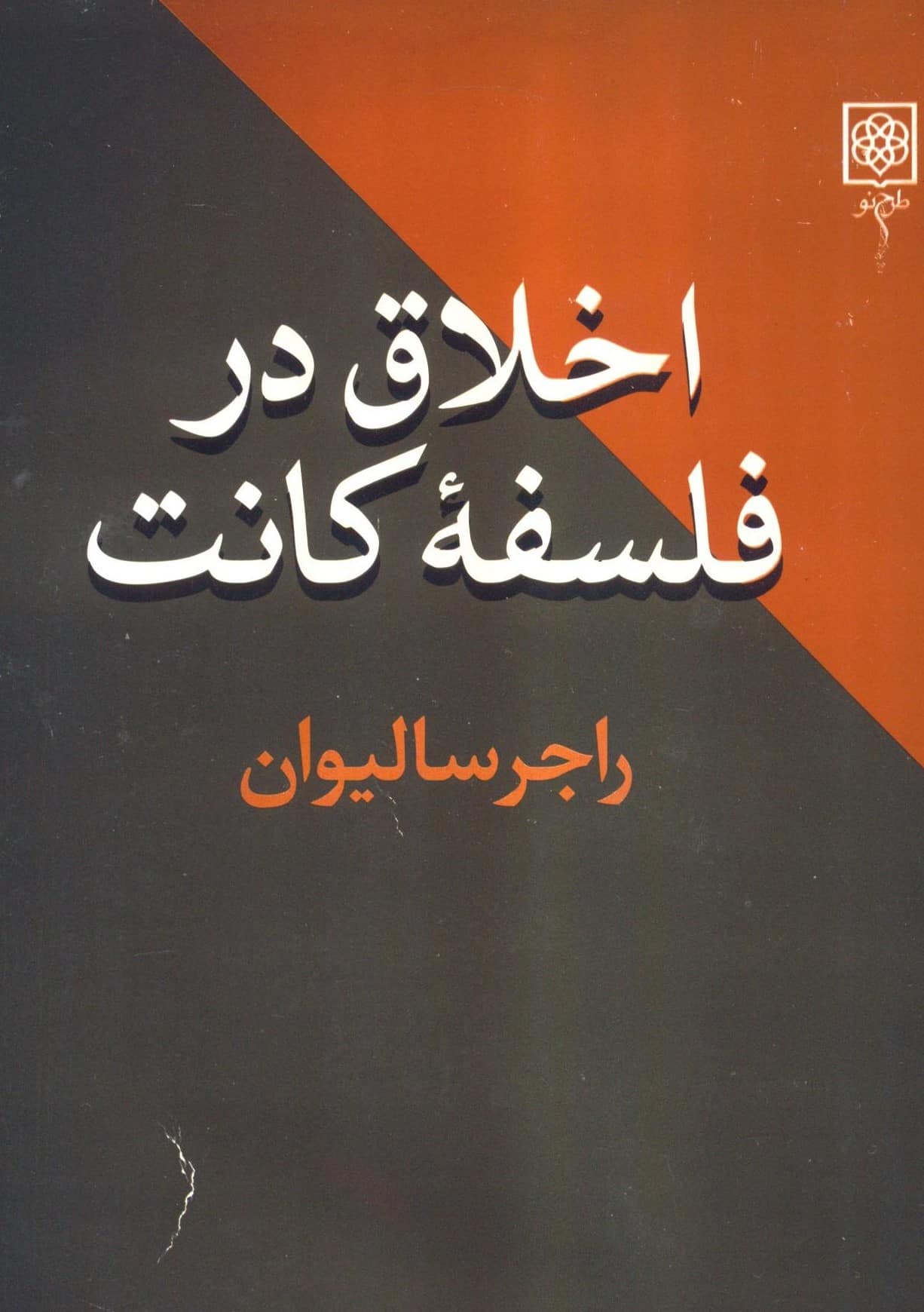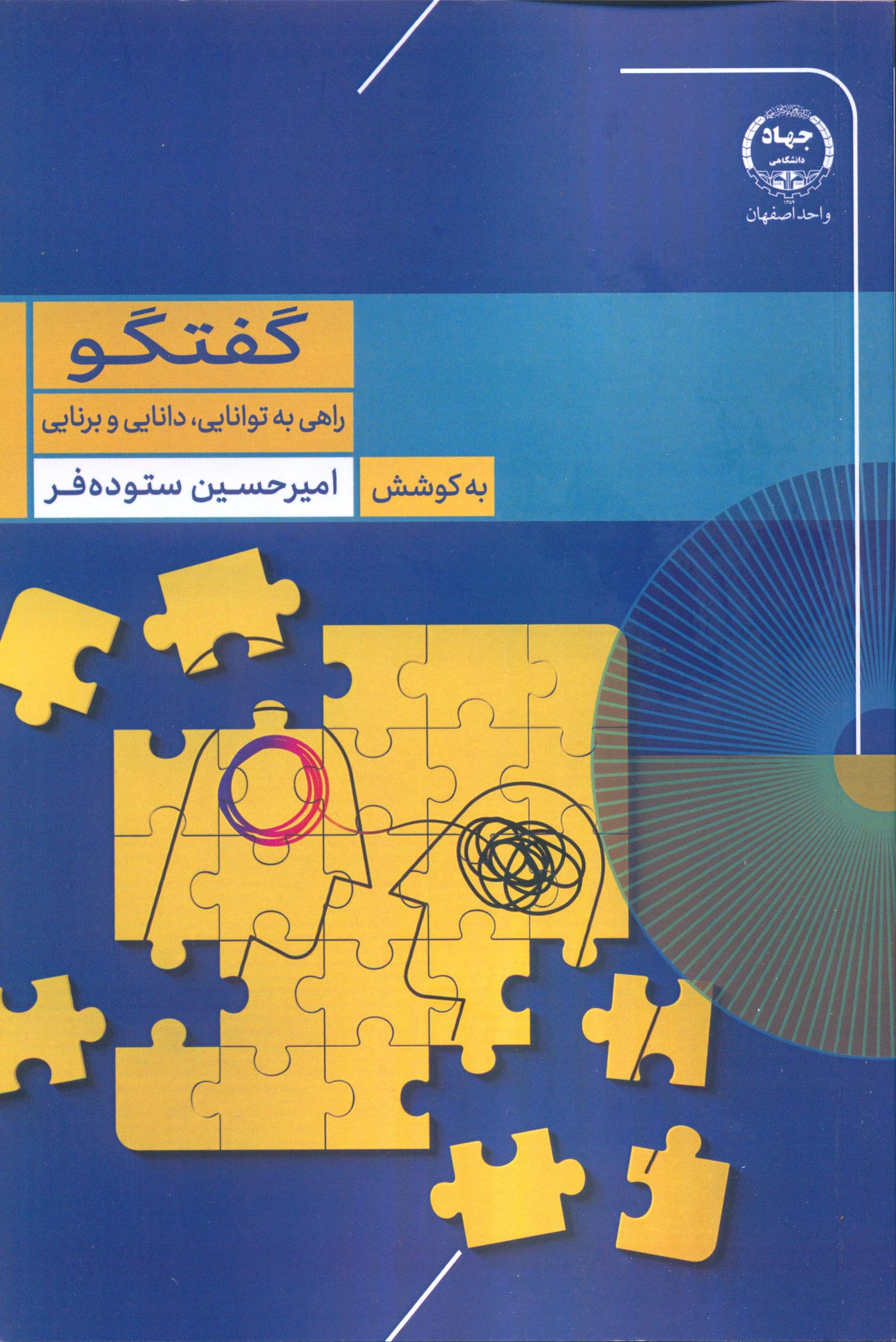مرزها ما را محصور و از هم جدا میکنند. ما به آنها اهمیت فوقالعادهای میدهیم. در کنار آنها، مرزهای خیالی غیرقابل عبوری را ترسیم میکنیم که در درون آنها معتقدیم هویتهای فردی ما از آنها آغاز و به آنها پایان مییابند و دیوارهای جداکننده متافیزیکی را برپا میکنند که هر یک از ما را در هویتهایی ازنظر عددی یکسان و متمایز، تحت عنوان اشخاص، محصور مینمایند. آیا مرزهای بین ما – فیزیکی، روانی، عصبی، علّی، مکانی، زمانی و غیره – دارای آن ارزش متافیزیکی هستند که معمولاً به آنها داده میشود؟ نظریه محوری من تو هستم این است که مرزهای ما به معنای مرز بین اشخاص نیستند.
همۀ ما یک شخصیم. نسخههای متفاوتی از این موضوع بدعتآمیز به طور دورهای و در طول اعصار اظهار شده است (اوپانیشادها، ابن رشدیان، جوردانو برونو، جیسایا رویس، شرودینگر، فِرِد هُویل، فریمن دایسون). کُلاک نویسنده این کتاب در ارائه استدلالهای خود بر تحلیلهای مفصل آثار صوری اخیر در باب هویت شخصی، بهویژه اثر دِرِک پارفیت، سیدنی شومیکر، رابرت نوزِک، دیوید ویگینز، دانیل سی. دَنِت و تامس نیگل تکیه میکند و در عین حال دیدگاههای دکارت، لایب نیتس ، ویتگنشتاین، شوپنهاور، کانت، هوسرل و براور را هم در کارش وارد میکند.
در بسط دادن نظریۀ اخلاقی ضمنی از رالز، سیدویک، کانت و بار دیگر از پارفیت الهام گرفته و از آنها بهره میبرد. آن دیدگاه سنتی و عرفی که هر یک از ما را به لحاظ عددی فردی مجزا میداند که در طول زمان با خودمان یکی میشویم، یعنی آن هویت شخصی که تحت فردیت شناخته شده و تعیین کنندۀ مرزها بسته میشود- چیزی که نویسنده آن را فردگرایی بسته مینامد – نشان داده میشود که فاقد انسجام کافی است.
این استدلال که هویت شخصی بسته نیست بلکه باز است به لحاظ جمعی به یکی از این دو جهت جدید اشاره دارد: یا در طول زمان هیچ شخص دائم الوجود و یکی شده با خود، به معنایی که عرفاً درک میشود، وجود ندارد – نوع دیدگاهی که به توسط فیلسوفانی ارائه شده است که به اندازۀ تفاوت بودا، هیوم و اخیراً دِرِک پارفیت، تفاوت دارند و این همان چیزی است که نویسنده آن را فردگرایی تهی مینامد – یا این که شما همه هستید، یعنی هویت شخصی تحت فردیت شناخته شده و تعیین کنندۀ مرزها بسته نشده است، چیزی که نویسنده آن را فردگرایی باز مینامد.
نویسنده در طرح ادعای خود:
– تبیینی جدید هم از آگاهی و هم از خودآگاهی ارائه میدهد؛
– نظریهای جدیدی در باب نفس میسازد؛
– آسیبشناسیهای روانی (مانند اختلال شخصیت چندگانه، اسکیزوفرنی) را توضیح میدهد؛
– فردگرایی باز را به عنوان بهترین تبیین رقابتی دربارۀ این که ما که هستیم نشان میدهد؛
– برای اخلاق جهانی مبانی متافیزیکی به دست میدهد؛
این کتاب برای فیلسوفان و افراد علاقمند به فلسفه – فیزیکدانان، ریاضیدانان، روانپزشکان، روانشناسان، زبانشناسان، دانشمندان کامپیوتر، اقتصاددانان و نظریه پردازان ارتباطات در نظر گرفته شده و برای دانشجویان تحصیلات تکمیلی و کارشناسی ارشد در دسترس است.
Borders enclose and separate us. We assign to them tremendous significance. Along them, we draw supposedly uncrossable boundaries within which we believe our individual identities begin and end, erecting the metaphysical dividing walls that enclose each one of us into numerically identical, numerically distinct, entities: persons. Do the borders between us – physical, psychological, neurological, causal, spatial, temporal, etc. – merit the metaphysical significance ordinarily accorded them? The central thesis of I Am You is that our borders do not signify boundaries between persons.
We are all the same person. Variations on this heretical theme have been voiced periodically throughout the ages (the Upanishads, Averroës, Giordano Bruno, Josiah Royce, Schrödinger, Fred Hoyle, Freeman Dyson). In presenting his arguments, the author relies on detailed analyses of recent formal works on personal identity, especially that of Derek Parfit, Sydney Shoemaker, Robert Nozick, David Wiggins, Daniel C. Dennett and Thomas Nagel, while incorporating the views of Descartes, Leibniz, Wittgenstein, Schopenhauer, Kant, Husserl and Brouwer. His development of the implied moral theory is inspired by, and draws on, Rawls, Sidgwick, Kant and again Parfit. The traditional, commonsense view that we are each a separate person numerically identical to ourselves over time, i.e., that personal identity is closed under known individuating and identifying borders – what the author calls Closed Individualism – is shown to be incoherent. The demonstration that personal identity is not closed but open points collectively in one of two new directions: either there are no continuously existing, self-identical persons over time in the sense ordinarily understood – the sort of view developed by philosophers as diverse as Buddha, Hume and most recently Derek Parfit, what the author calls Empty Individualism – or else you are everyone, i.e., personal identity is not closed under known individuating and identifying borders, what the author calls Open Individualism. In making his case, the author:
– offers a new explanation both of consciousness and of self-consciousness
– constructs a new theory of self
– explains psychopathologies (e.g. multiple personality disorder, schizophrenia)
– shows Open Individualism to be the best competing explanation of who we are
– provides the metaphysical foundations for global ethics.
The book is intended for philosophers and the philosophically inclined – physicists, mathematicians, psychiatrists, psychologists, linguists, computer scientists, economists, and communication theorists. It is accessible to graduate students and advanced undergraduates.
Title: I Am You: The Metaphysical Foundations for Global Ethics
Author: Daniel Kolak
Publisher: Springer Science & Business Media, 2007
ISBN: 1402030142, 9781402030147
Length: 659 pages
Subjects:Philosophy, General, Ethics & Moral Philosophy, Metaphysics, Mind & Body.
Kolak, Daniel. (2007). I Am You: The Metaphysical Foundations for Global Ethics. Berlin: Springer Science & Business Media.




